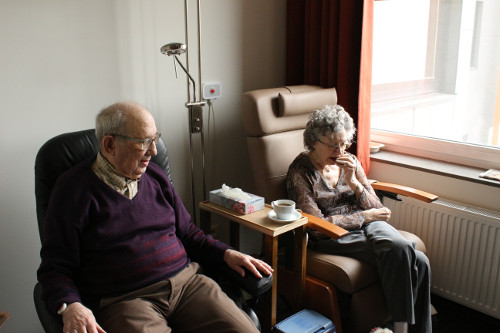GET IN TOUCH
Please contact us for more information. Our email is monitored seven days a week and we will get back to you shortly.

Old age, injury, and mental illness are some factors that can leave an adult incapable of making legally binding decisions. Before a person loses capacity, they can name a power of attorney and create a representation agreement in their will. The power of attorney is able to make financial and legal decisions on the person’s behalf. The person named in a representation agreement can make healthcare and living decisions on the incapacitated person’s behalf. If a person becomes incapable before appointing representatives, a loved one may need to apply to become their committee.
There are two types of committees, each with different abilities and obligations. A committee of estate is somewhat similar to a power of attorney. They are able to make decisions on any financial and legal matters on the incapable person’s behalf. A committee of person is someone who can make health care and lifestyle decisions on the incapable person’s behalf. Committees have all the powers that the incapable person would have, in respect to the specified matters. For example, a committee of estate can pay the incapable person’s credit card bills or choose to invest their money. However, the committee of estate can’t make the decision to move the person to an assisted living care facility.
Appointing a committee is a last resort measure and can only be appointed when the person is legally incapable. As per section 2 of the Patients Property Act (PPA), a person is incapable of managing their affairs because of either

To be incapable under the PPA, a person must be incapable of managing their affairs or incapable of managing themselves. In some cases, this could mean the person is completely unconscious, unable to make any decisions. Or, it could be someone who has developed Alzheimer’s disease and can’t recall their banking or financial information consistently and accurately.
In determining whether a person is incapable, the courts require 2 medical practitioners’ opinions on whether the person is legally incapable of managing their own affairs. The medical practitioners will consult with the person, conducting a full assessment of their mental ability to make decisions for themselves. Usually, the person applying to have the person ruled incapable must provide the affidavit evidence from the 2 different medical practitioners. There are two types of incapability that can be ruled, incapable of estate and incapable of person – each corresponding with the respective committee discussed above. People can be ruled both incapable of estate and incapable of person in some cases.
Under section 6 of the PPA, anyone can apply to be appointed by the courts as the committee. If multiple people apply, the courts will choose someone based on the best interests of the incapable person. When nobody applies, the Public Guardian and Trustee of British Columbia can be appointed. Essentially, when a person becomes incapable, there is always someone who can act on their behalf to ensure their affairs are not negatively impacted by their incapability.
It’s always best to prepare for any unfortunate circumstances – in this case, that means appointing a power of attorney before it may be too late. Having a power of attorney will remove the involvement of the courts in having to elect a possible committee. If you need to apply to become a loved one’s committee of estate or person, contact an experienced estate lawyer today. We will help you through the process, ensuring the best for you and your loved one.
Have a question about this topic or a different legal topic? Contact us for a free consultation. Reach us via phone at 250-888-0002, or via email at info@leaguelaw.com.